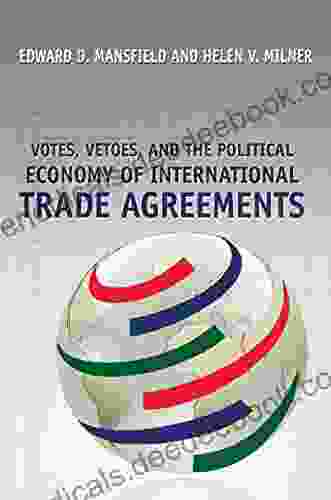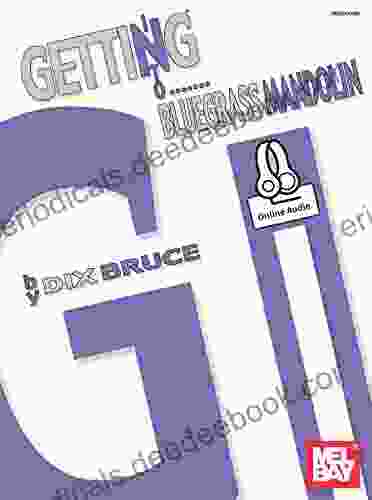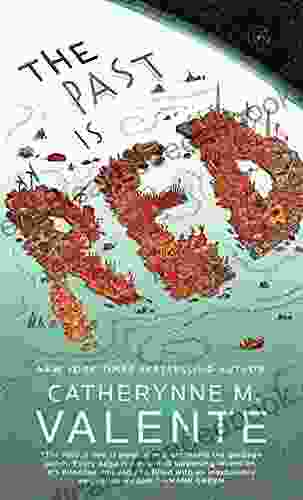Votes, Vetoes, and the Political Economy of International Trade Agreements

4.7 out of 5
| Language | : | English |
| File size | : | 3030 KB |
| Text-to-Speech | : | Enabled |
| Screen Reader | : | Supported |
| Enhanced typesetting | : | Enabled |
| Word Wise | : | Enabled |
| Print length | : | 224 pages |
International trade agreements (ITAs) are negotiated and ratified by governments, and the distribution of voting power and the ability to veto agreements can have a significant impact on their content and implementation. This article explores the political economy of ITAs, focusing on the role of votes and vetoes in the negotiation and ratification process.
The Political Economy of ITAs
ITAs are negotiated between governments, and the distribution of voting power and the ability to veto agreements can have a significant impact on their content and implementation. This is because the negotiation and ratification process is a political one, and governments are more likely to support agreements that benefit their constituents. As a result, ITAs often reflect the interests of the most powerful countries, and they may not always be in the best interests of all parties involved.
For example, the World Trade Organization (WTO) is a multilateral trade organization that was established in 1995. The WTO has 164 member countries, and each country has one vote. However, the United States and the European Union have a de facto veto over WTO decisions, because they can block any agreement that they do not support. This gives the United States and the European Union a great deal of power in the WTO, and they have used this power to shape the organization's agenda and policies.
The ability to veto agreements can also be used to protect domestic industries. For example, the United States has used its veto power in the WTO to protect its agricultural industry from competition from other countries. This has allowed the United States to maintain high tariffs on agricultural products, which has made it more expensive for consumers to buy food.
The Impact of Votes and Vetoes on ITAs
The distribution of voting power and the ability to veto agreements can have a significant impact on the content and implementation of ITAs. For example, ITAs that are negotiated by countries with similar levels of economic development are more likely to be fair and balanced. This is because these countries have similar interests, and they are less likely to use their voting power or veto power to protect their own industries.
In contrast, ITAs that are negotiated by countries with different levels of economic development are more likely to be unfair and unbalanced. This is because the more powerful countries are more likely to use their voting power or veto power to protect their own industries. As a result, these ITAs may not benefit all parties involved.
The ability to veto agreements can also be used to delay or even prevent the implementation of ITAs. For example, the United States has used its veto power in the WTO to delay the implementation of the Doha Development Agenda. This agenda was designed to promote economic development in developing countries, but the United States has blocked its implementation because it believes that it would harm American businesses.
The distribution of voting power and the ability to veto agreements can have a significant impact on the content and implementation of ITAs. This is because the negotiation and ratification process is a political one, and governments are more likely to support agreements that benefit their constituents. As a result, ITAs often reflect the interests of the most powerful countries, and they may not always be in the best interests of all parties involved.
4.7 out of 5
| Language | : | English |
| File size | : | 3030 KB |
| Text-to-Speech | : | Enabled |
| Screen Reader | : | Supported |
| Enhanced typesetting | : | Enabled |
| Word Wise | : | Enabled |
| Print length | : | 224 pages |
Do you want to contribute by writing guest posts on this blog?
Please contact us and send us a resume of previous articles that you have written.
 Book
Book Text
Text Library
Library Paperback
Paperback Magazine
Magazine Shelf
Shelf Glossary
Glossary Preface
Preface Synopsis
Synopsis Annotation
Annotation Codex
Codex Tome
Tome Bestseller
Bestseller Classics
Classics Library card
Library card Narrative
Narrative Biography
Biography Autobiography
Autobiography Encyclopedia
Encyclopedia Thesaurus
Thesaurus Narrator
Narrator Resolution
Resolution Librarian
Librarian Card Catalog
Card Catalog Borrowing
Borrowing Stacks
Stacks Archives
Archives Periodicals
Periodicals Research
Research Lending
Lending Reserve
Reserve Academic
Academic Literacy
Literacy Dissertation
Dissertation Storytelling
Storytelling Awards
Awards Reading List
Reading List Book Club
Book Club Theory
Theory Textbooks
Textbooks Derek Johnson
Derek Johnson Richard Middleton
Richard Middleton Rahul Roushan
Rahul Roushan Michael Hingston
Michael Hingston Tricia Erickson
Tricia Erickson Anthony C Winkler
Anthony C Winkler Nancy Dees
Nancy Dees Becky Citra
Becky Citra Christian Benjamin
Christian Benjamin Cathy Gillen Thacker
Cathy Gillen Thacker N R Hairston
N R Hairston D M Jarrett
D M Jarrett Sam Staley
Sam Staley Ciao Italy Master School
Ciao Italy Master School Tony Benn
Tony Benn Harry V Jaffa
Harry V Jaffa Graham Hutchins
Graham Hutchins Said Aghil Baaghil
Said Aghil Baaghil Winn Collier
Winn Collier Robert Charvin
Robert Charvin
Light bulbAdvertise smarter! Our strategic ad space ensures maximum exposure. Reserve your spot today!
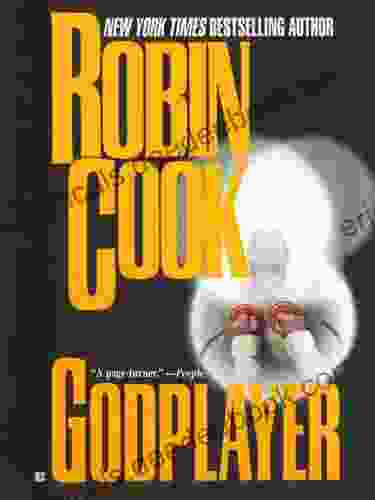
 Mario SimmonsGodplayer: Robin Cook's Riveting Medical Thriller that Explores the Perils of...
Mario SimmonsGodplayer: Robin Cook's Riveting Medical Thriller that Explores the Perils of...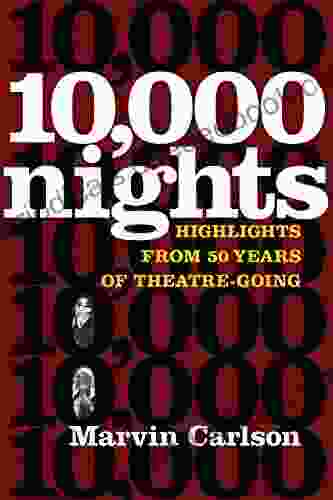
 Michael CrichtonHighlights From 50 Years Of Theatre Going: A Journey Through Time and Emotion
Michael CrichtonHighlights From 50 Years Of Theatre Going: A Journey Through Time and Emotion Michael SimmonsFollow ·8.8k
Michael SimmonsFollow ·8.8k Stanley BellFollow ·9.9k
Stanley BellFollow ·9.9k Stephen FosterFollow ·8.4k
Stephen FosterFollow ·8.4k Chadwick PowellFollow ·3.2k
Chadwick PowellFollow ·3.2k Guy PowellFollow ·14.6k
Guy PowellFollow ·14.6k Hugh BellFollow ·5.3k
Hugh BellFollow ·5.3k Pablo NerudaFollow ·17.9k
Pablo NerudaFollow ·17.9k Harvey BellFollow ·7.7k
Harvey BellFollow ·7.7k
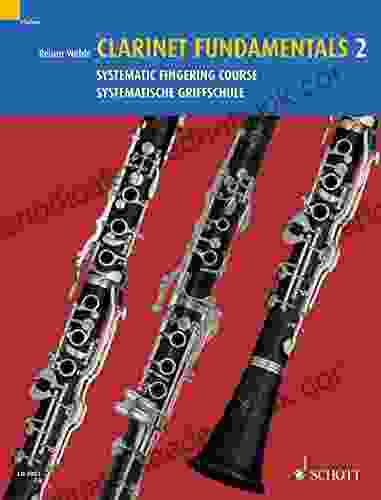
 Anton Chekhov
Anton ChekhovClarinet Fundamentals: A Systematic Fingering Course for...
Welcome to the exciting world of...
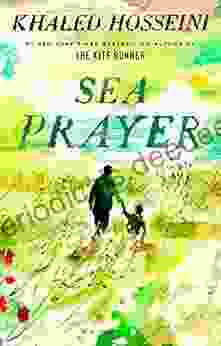
 Gage Hayes
Gage HayesSea Prayer: A Haunting and Heartbreaking Story of...
Sea Prayer, the latest...
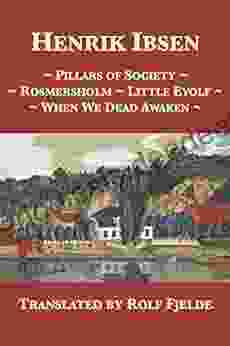
 Henry Green
Henry GreenPillars of Society Rosmersholm Little Eyolf When We Dead...
Henrik Ibsen, the towering...
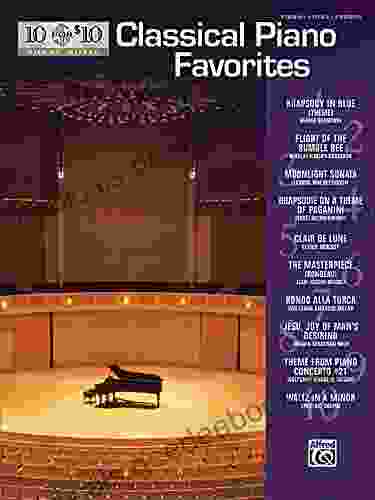
 Robert Reed
Robert Reed10 For 10 Sheet Music Classical Piano Favorites: A...
Learning to play the...
4.7 out of 5
| Language | : | English |
| File size | : | 3030 KB |
| Text-to-Speech | : | Enabled |
| Screen Reader | : | Supported |
| Enhanced typesetting | : | Enabled |
| Word Wise | : | Enabled |
| Print length | : | 224 pages |


